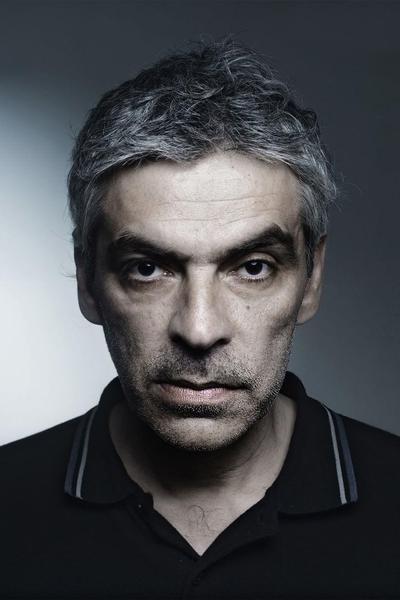A film can be challenging. A film can disgust. A film can stand for everything you don’t. But a film can never ever be boring.
And Horse Money, the latest from Portuguese director Pedro Costa, his first in nine years, is the dullest thing I’ve seen in some time. An impenetrable, deliberately anti-audience, self-indulgent venture, there is no discernible way into the disconnected narrative. Anything Costa has to say about colonialism (working on a best guess here) is lost in a sea of endless, opaque dream-like scenes.
But it opens interestingly enough. Striking black-and-white images of miners and labourers and streets (of Lisbon?) at the turn of the twentieth century gives way to an elderly man (Furtado, an amateur actor who starred in Costa’s Colossal Youth), stripped to nothing but red underpants, hand shaking with the onset of some undiagnosed nervous disease, making his way through claustrophobic underground tunnels of an unnamed psychiatric hospital. He doesn’t know which way to go, or why he’s there – we get the impression that he’s lost in his mind, a mind that’s beginning to unravel.
I know how he feels. Here, five minutes into the film, is that last time Horse Money makes a modicum of sense. The scenes are eye-catching in their austerity, a series of static shots of motionless characters in sparsely-decorated rooms (you will, however, exhaust yourself moving from numb bum cheek to a number bum cheek and back again). Characters speak in long, poetic soliloquies that are delivered in a whisper. There’s nothing to look at, and an attempt to tune into what’s happening takes too much hard work. I believe in doing some work, for not everything be laid out, but you have to meet the audience halfway and not expect them to do all the heavy lifting.
There is a moment of hope when an interesting montage seems to mimic the opening series of photographs - maybe the images and the montage are bookending the film and it’s almost over? No: Horse Money ploughs on afterwards, ever on. And on. More. And more. Oh God.













































































